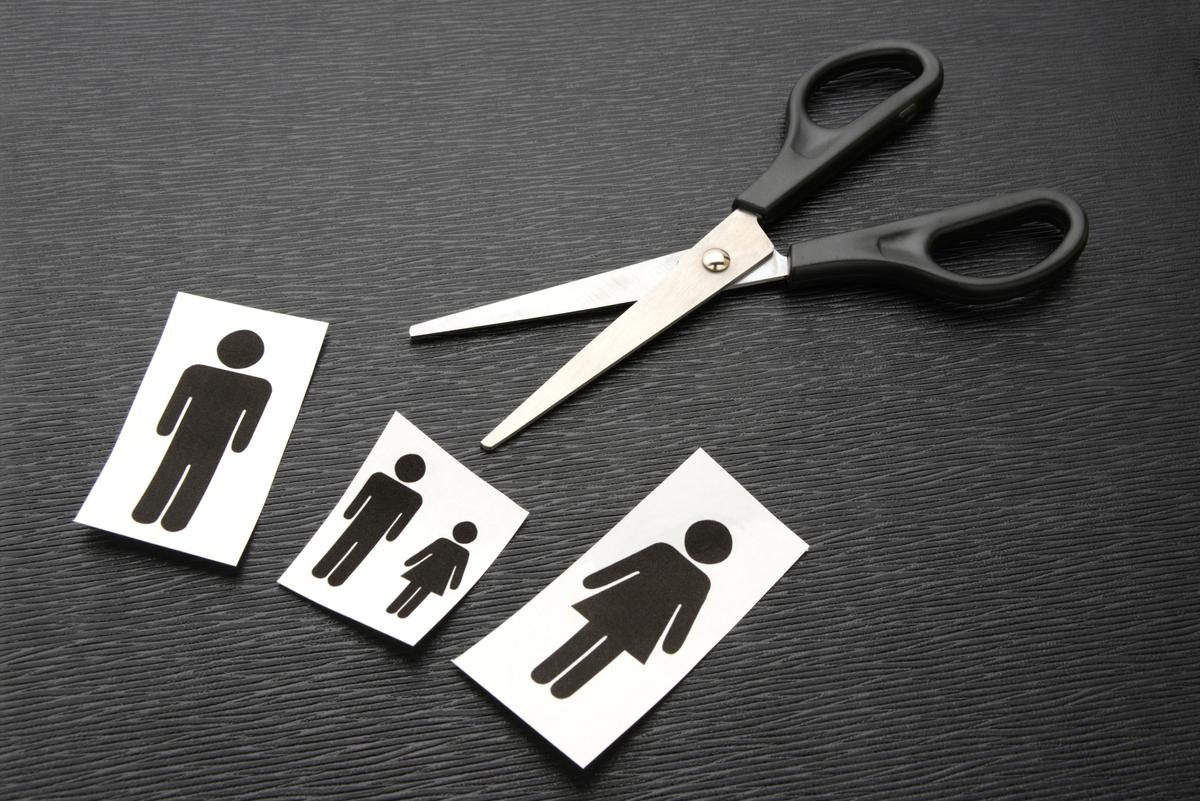When the disease of addiction comes into a home, it does not only affect an individual. It also creates effects on other people living with the individual as well. When a person starts abusing drugs, they are affected physically and mentally. Their social health is affected badly, due to which their relationship with their loved ones becomes conflictual. Seeking support from the rehab center at the best addiction treatment center in Islamabad can help improve your damaged relationships through family counseling and support. Families can transform dysfunctional dynamics and rally together around recovery with professional guidance. I have come to experience that people who live with an individual who abuses drugs are more vulnerable to having mental, physical, and social diseases. Just like an addict, they also become uncomfortable. Despite sober living, they are no longer able to live peacefully in their surroundings. Several studies indicate that continuous stress on mental disturbances leads a person to emotional dysregulation. People who treat their loved ones also seem to be emotionally dysregulated.
I experienced the Sadaqat Clinic Karachi, the rehabilitation center in Karachi, which has been working previously for many years in treating addiction and also those families who become dysfunctional due to addiction. In this article, we will discuss how an individual’s addiction dysfunctional the whole family and what steps must be taken while dealing with an addict.
When we talk about dysfunctional families due to addiction, its best illustration is when a house gets fire in it, and the fire is out of control, so it spreads in the surroundings and affects the nearest houses as well. Many rehab center emphasizes the family as well as the patient for recovery because treating only a patient is not an effective way of treatment. Overcoming addiction challenges often emphasizes the family as well as the patient for recovery because treating only a patient is not an effective way of treatment. Let’s discuss the signs of dysfunctional families due to addiction, and with the help of this article, you can also find out if you are one of those who make mistakes while treating an addict.
Guilt and Shame:
A few of the family members of an addict undergo the guilt and Shame that the addict induces in them. Addicts rationalize and externalize t their addictive behavior towards family members, and they start blaming themselves for all the scenarios. As a result, the self-esteem of family members starts getting low day by day. It leads them to become sick or suffer from chronic diseases as well. Sadaqat Clinic Karachi suggests families change their perspective that the addiction did not occur due to them. It occurs due to a brain disorder and a biological error. The family is not responsible for the addiction, but they can play a vital role in taking a patient towards a healthy life by coming out of toxic Shame and guilt.
Fear:
Addicts hijack the whole family and induce a sense of fear in them. Addicts tend to violate and vandalize in active addiction, due to which family members become fearful and they keep themselves steps away from solutions. Fearful family members are afraid of confronting patients for their negative behavior, and they keep quiet just to avoid any conflict. It recommends families confront addicts for their negative and unacceptable behaviors. Understanding how neuroscience therapy works for addiction can help families support recovery in a compassionate and effective way. Fearful family can never help out their loved ones coming out of addiction. Family needs to be fearless and confident while treating an addict.
Enabling:
Due to a lack of information about addiction in our society, families mishandle patients by enabling them. They keep a thought to impress the patient by being kind to them, being so nice to them, fulfilling their unreasonable demand, and trying to make them happy anyway. While doing it all, the family expects the addict to stop abusing drugs. However, the family remains unsuccessful because it does not depend on the patient to stop taking drugs when he becomes addicted. Addiction can only be treated with the help of scientific treatment. Science refers to families to stop enabling or impressing the addicted person because it only promotes disease; nothing else comes out of it.
Provoking:
Where a few family members enable the addict, some other people provoke the addict. Because family become emotionally dysregulated due to their loved one’s addiction, they are no longer able to keep control of their provoking behaviors. Whenever they see the addict in bad condition, they get triggered and start giving him bad calls, negative sentences, taunts, and abusive words sometimes. There are tasks for patients in addiction treatment recovery to build responsibility and help to away from relapse efficiently. Science guides that provoking behavior or a provoking family member is a driver of the addiction. When a provoker provokes the addict, he rationalizes his addictive behavior with the provoking. The competence in counseling the family of addicted people to stop provoking and start to deal with the addict with assertiveness, which helps them to talk rationally with the patient instead of emotionally.
Conclusion:
It is intensely focused on training families who are dealing with addictive individuals because it is crucial to know that family plays a vital role in recovery from addiction. Sadaqat Clinic Karachi focuses on family training as well as patient recovery, and they work with the family of the addict. This signifies that the family of an addict is responsible for the whole treatment process, and this responsibility is about 50% of the whole. Conclusively, family is the most essential, strong, and effective bridge in this journey of recovery from addiction.
Written by:
Associate Clinical Psychologist
Sadaqat Clinic Karachi

